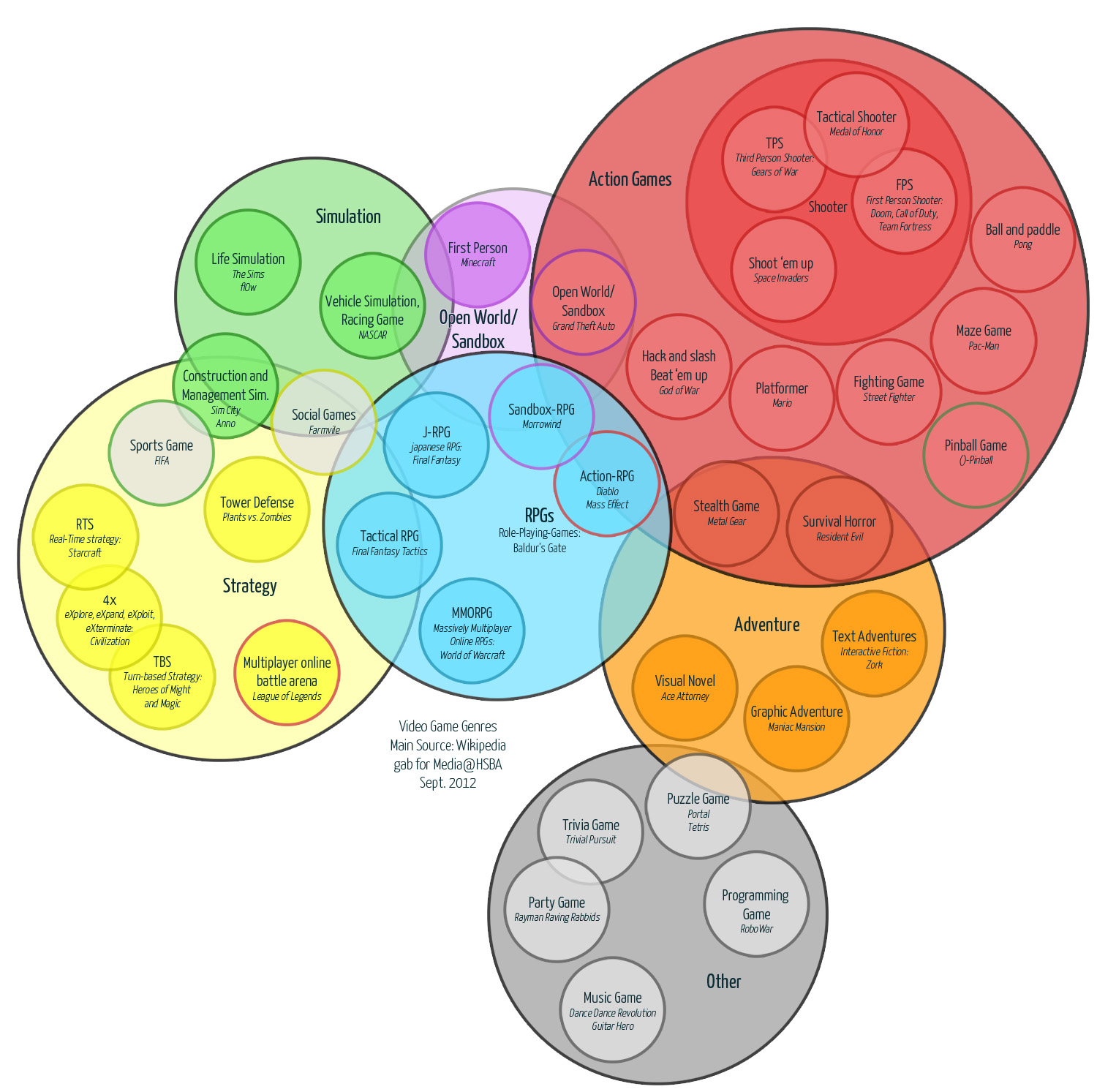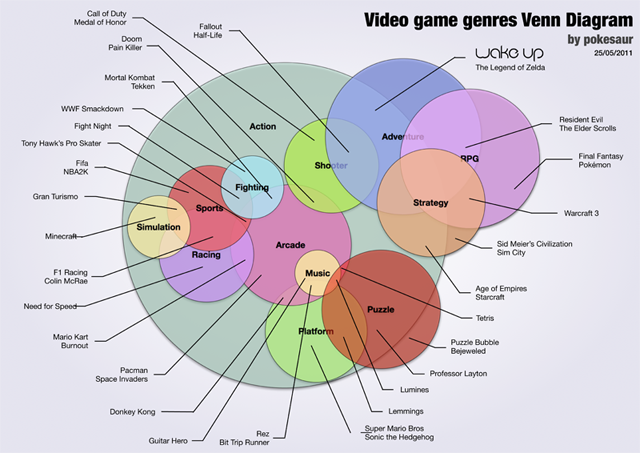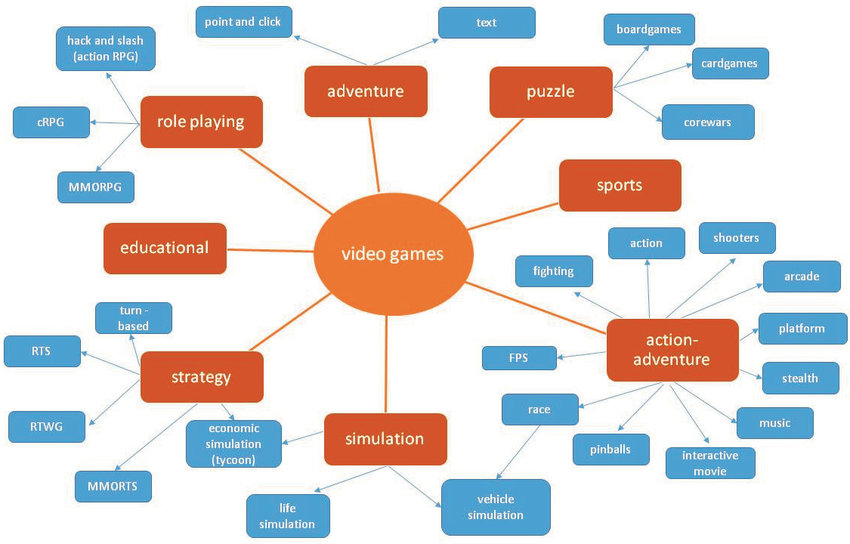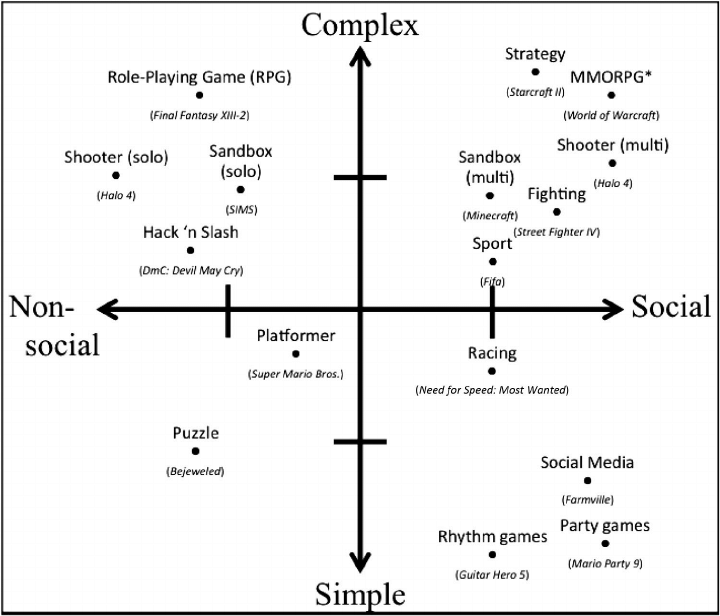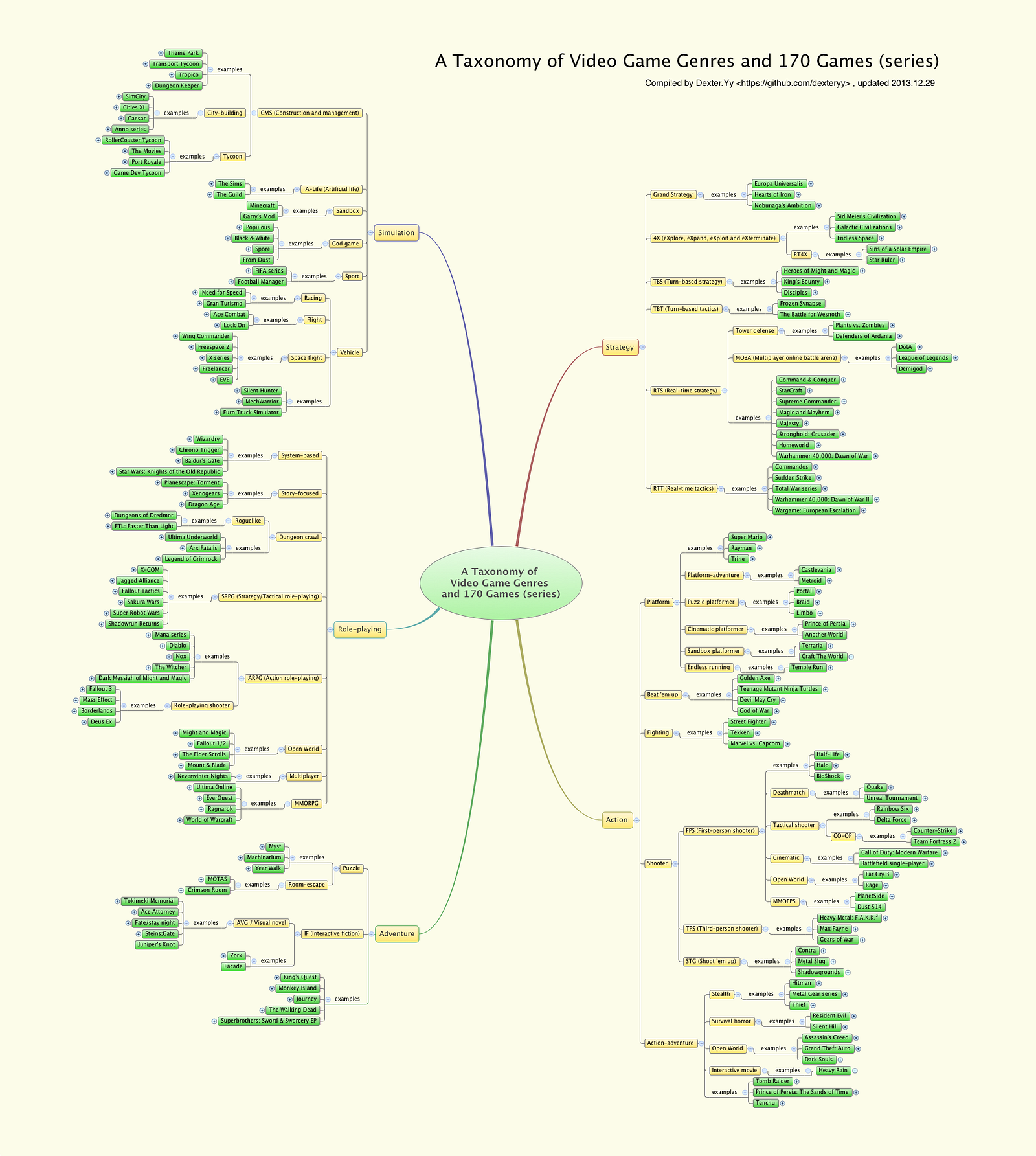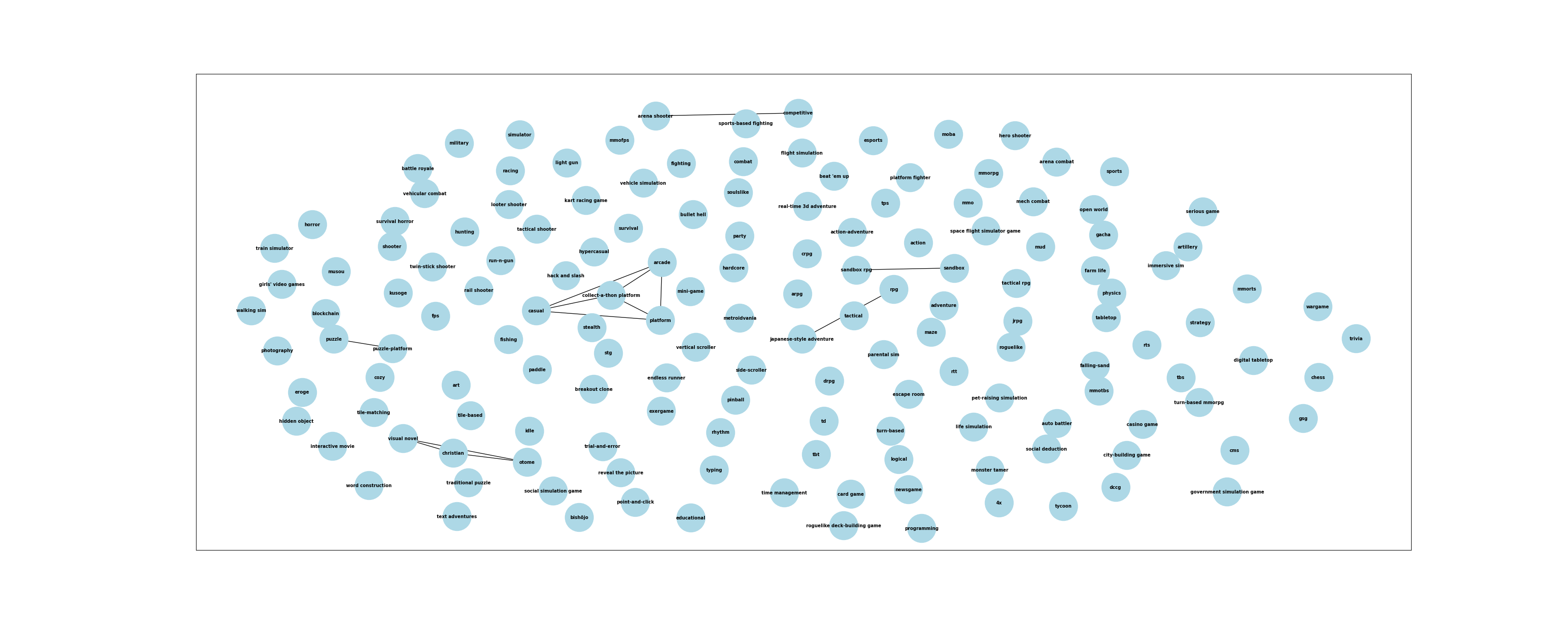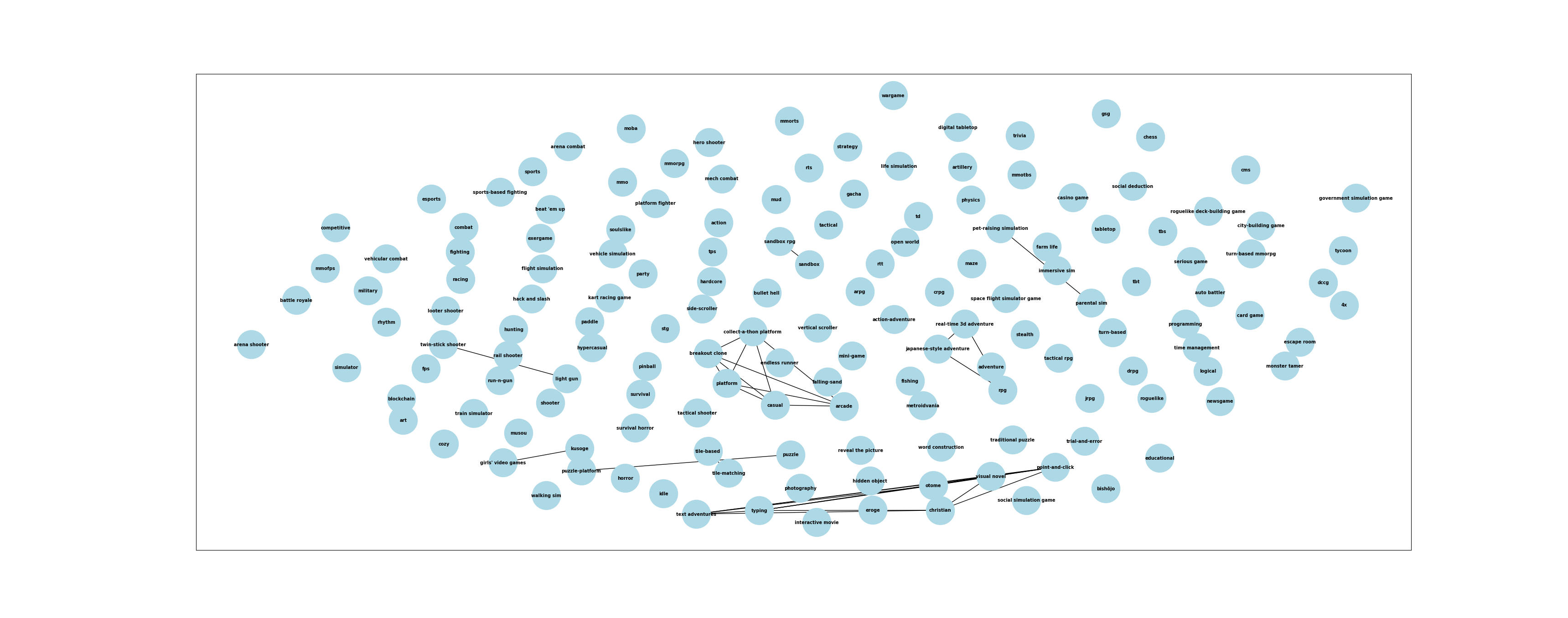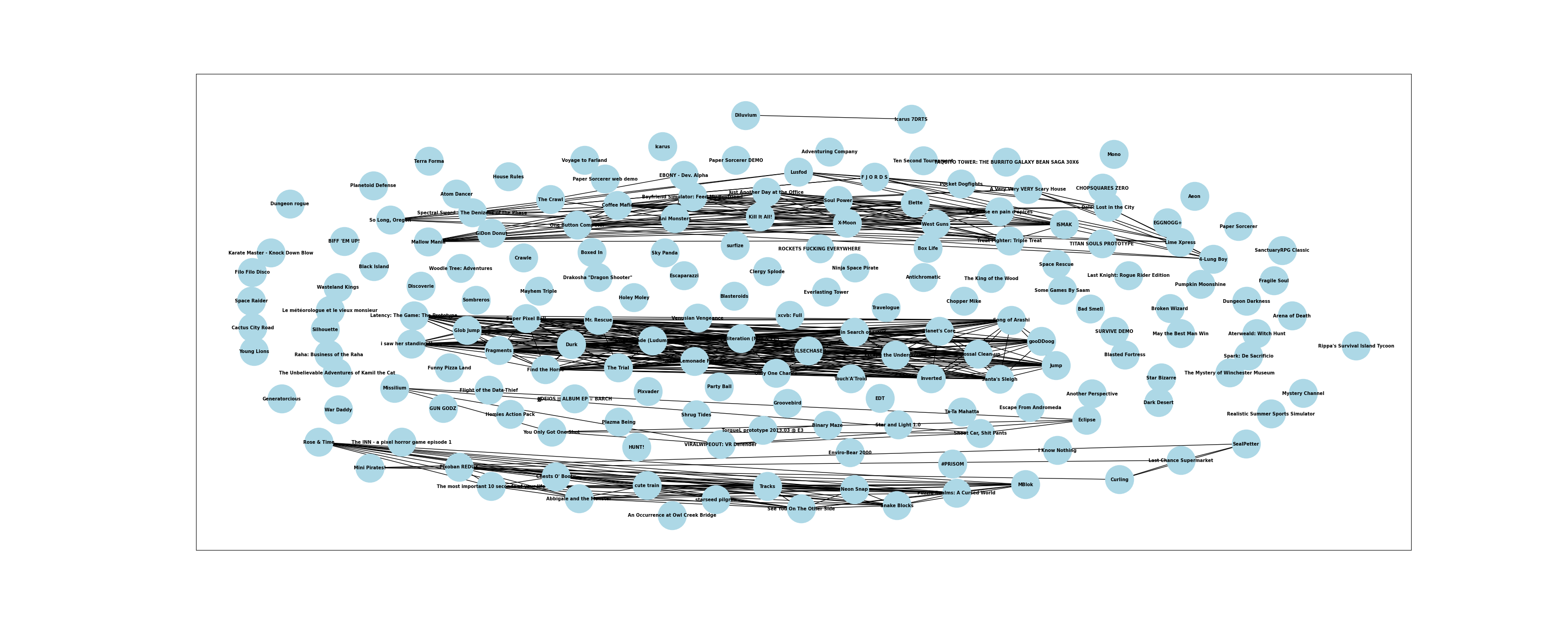Hi,
does anybody know when data for the https://itch.io/games/top-rated/year-2025 and similar 2025-related lists will be available?
My system uses links like previously mentioned to collect games from itch.io, but unfortunately, https://itch.io/games/top-rated/year-2025 redirects to the https://itch.io/games/top-rated which is not what I need.
The latest working link to collect games per year is https://itch.io/games/top-rated/year-2024.


